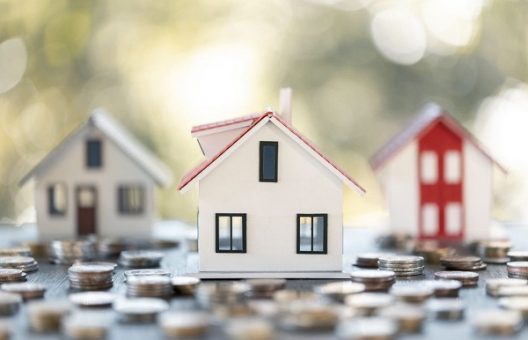Rent prices in major Nigerian cities, particularly Lagos and Abuja, have soared to record levels, leaving many tenants under immense financial pressure.
In Lagos, where the population is estimated at over 23 million, demand for accommodation far outstrips supply. A two-bedroom apartment in Lekki that once cost ₦1.5 million now goes for as high as ₦2.2 million. For young professionals, even a modest one-bedroom flat in areas like Lekki or Ikeja attracts between ₦950,000 and ₦1.5 million annually.
The situation is no less severe in Abuja. Rapid urbanisation in the capital has pushed rents higher in established districts such as Wuse, Garki, and Maitama. Families that once managed comfortably in these neighbourhoods are now being forced to seek housing in the outskirts, where infrastructure is often lacking.
Housing experts say inflation, coupled with surging food and fuel prices, has worsened the problem, with some landlords demanding rent hikes of up to 150 percent. The sharp increases, they warn, are widening the gap between affordable and livable housing in Nigeria’s urban centres.
Other cities such as Benin, Enugu, and Ibadan are also feeling the strain. In these areas, working-class families often end up in overcrowded homes or single-room apartments that barely meet basic standards.
Stakeholders argue that the country’s housing deficit is not insurmountable but requires urgent government intervention, private sector investment, and policies that promote affordable housing. Without such efforts, the dream of home ownership and access to decent living conditions will remain out of reach for millions of Nigerians.




